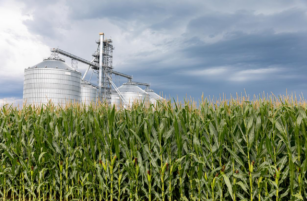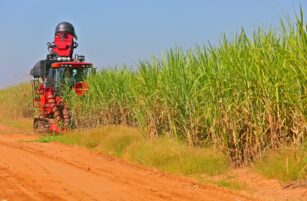Insight Focus
The US Supreme Court is set to address small biorefinery legal challenges. The case could redefine the Renewable Fuel Standard landscape. This decision may impact biofuel producers and farmers nationwide.
On October 22, The US Supreme Court made small biorefineries happy by granting a petition to hear a case that could determine the venue for current and future legal challenges to the Renewable Fuel Standard (RFS).
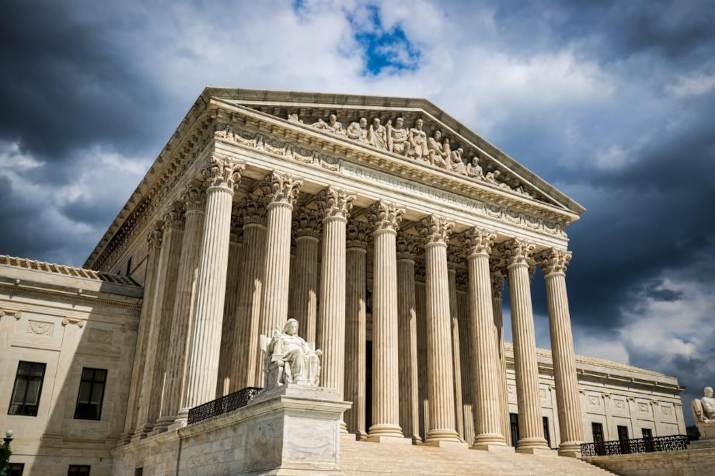
The US Supreme Court
Understanding the Renewable Fuel Standard
The Renewable Fuel Standard (RFS) is a federal program that sets out requirements for renewable fuels, like biofuels made from crops, to be blended into the country’s gasoline and diesel each year. The RFS was enacted in 2005 as part of the Energy Policy Act and expanded in 2007 with the passage of the Energy Independence and Security Act.
It sets the number of gallons of renewable fuels (i.e. biofuels) that must be blended into the nation’s total fuel supply each year.
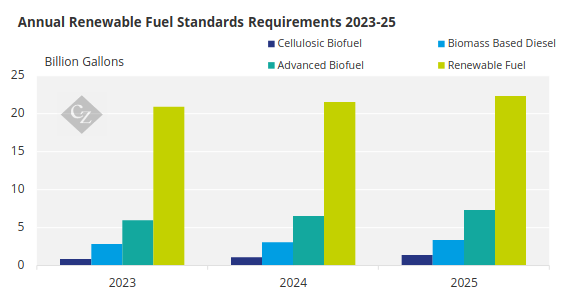
Source: EPA
The RFS remains one of the US’ most successful clean energy policies, reducing carbon emissions, offering consumers more affordable options at the pump and enhancing energy security.
The Debate Over Small Refinery Exemptions
Small refinery exemptions (SREs) are special permissions that allow small oil refineries to bypass certain requirements of the Renewable Fuel Standard (RFS). To qualify for an SRE, a refinery must produce fewer than 75,000 barrels of oil per day and demonstrate that complying with the RFS would cause them economic hardship.
These exemptions have sparked debate within the energy and agricultural sectors. Proponents argue that these exemptions are vital for the survival of small refineries, particularly in economically challenging environments. They contend that small refineries often operate on thin margins and may struggle to absorb the costs associated with compliance, such as purchasing and blending renewable fuels.
On the other hand, opponents argue that SREs undermine the demand for biofuels, which can have far-reaching effects on farmers and the broader biofuel industry. The concern is that by allowing small refineries to bypass RFS requirements, there is less incentive for these facilities to invest in renewable fuel production. This reduced demand can lead to lower prices for biofuels, adversely affecting farmers who grow the crops used to produce these renewable fuels.
Furthermore, critics assert that the misuse of SREs can lead to a distortion of the renewable fuels market. They argue that some larger oil companies may exploit these exemptions to enhance their profit margins at the expense of the biofuel sector. This creates an uneven playing field, where the intended benefits of the RFS—such as reducing greenhouse gas emissions and promoting renewable energy—are compromised.
Courts Divided Over SRE Venue
In recent years, federal appeals courts have been divided on which court is the proper venue for ongoing legal challenges regarding small-refinery exemptions to the Renewable Fuel Standard (RFS).
Specifically, the Fifth Circuit Court of Appeals, which covers states like Texas and Louisiana, has made rulings that differ from those of other circuit courts, leading to confusion and inconsistency in how these cases are handled.
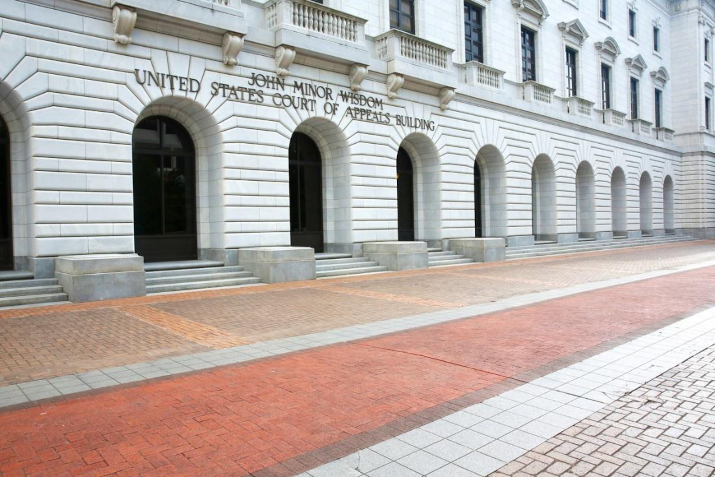
In January 2024, the Renewable Fuels Association (RFA) and Growth Energy requested a rehearing on a November 2023 court decision in the Fifth Circuit that overturned the Environmental Protection Agency’s (EPA) rejection of small-refinery waivers for six oil companies.
“The Fifth Circuit was clearly an improper venue to hear challenges on small-refinery exemptions,” the RFA and Growth Energy said in a recent joint statement. “Because the Fifth Circuit opinion set up a clear split with several other Circuit courts on the question of venue, this is precisely the sort of issue that the Supreme Court is meant to resolve. The court has agreed, and we look forward to participating in the case and having this issue settled once and for all.”
Their statement further emphasised that the oil refining community’s misuse of small refinery exemptions destroys demand for biofuels nationwide, negatively impacting farmers and bioethanol producers, regardless of where they operate. The economic and environmental repercussions of this abuse do not recognise state lines.
They believe that a ruling from the Supreme Court should ultimately strengthen the RFS and promote a more stable biofuels market.
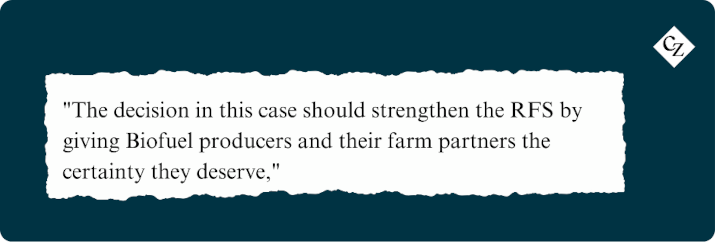
Supreme Court’s History of Undermining EPA Protections
In recent years, the US Supreme Court has made several decisions that have overturned important regulations put forth by the Environmental Protection Agency (EPA). These regulations were designed to protect the nation’s air and water quality. As a result of these rulings, the EPA has lost some of its ability to enforce environmental protections and defend its regulations in court.
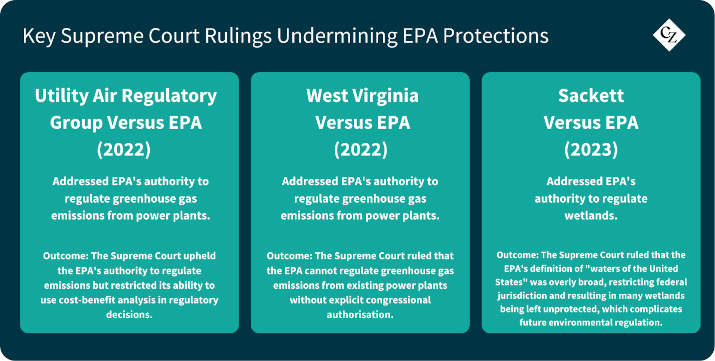
Now, the Supreme Court is considering new cases that could further weaken the EPA. These cases may allow industry groups and Republican-led states to challenge certain EPA rules in courts that might be more favourable to their interests. This raises concerns about the future strength and effectiveness of the EPA’s regulatory power.
In response to this perceived hostility from the Supreme Court, the EPA filed a motion on October 21 to withdraw its earlier denial of 26 requests for small-refinery exemptions (SREs) under the Renewable Fuel Standard (RFS) in a brief filed with the US Court of Appeals for the District of Columbia Circuit.
Earlier, in July 2023, the EPA announced that it had denied 26 out of 28 pending requests for small-refinery exemptions. However, a recent court ruling in the case Sinclair Wyoming Refining Co. versus EPA found that the EPA had improperly denied similar exemption requests in the past, stating that those denials were “arbitrary and capricious.” This means the court believed the EPA did not provide sufficient justification for its decisions.
Because the reasoning behind the 2023 denials relied on the same approach as the 2022 denial actions, the EPA intends to reconsider its denial in light of the court’s opinion.




